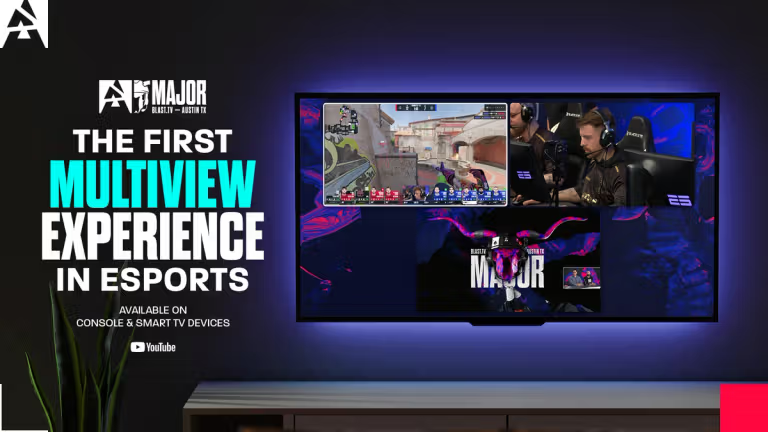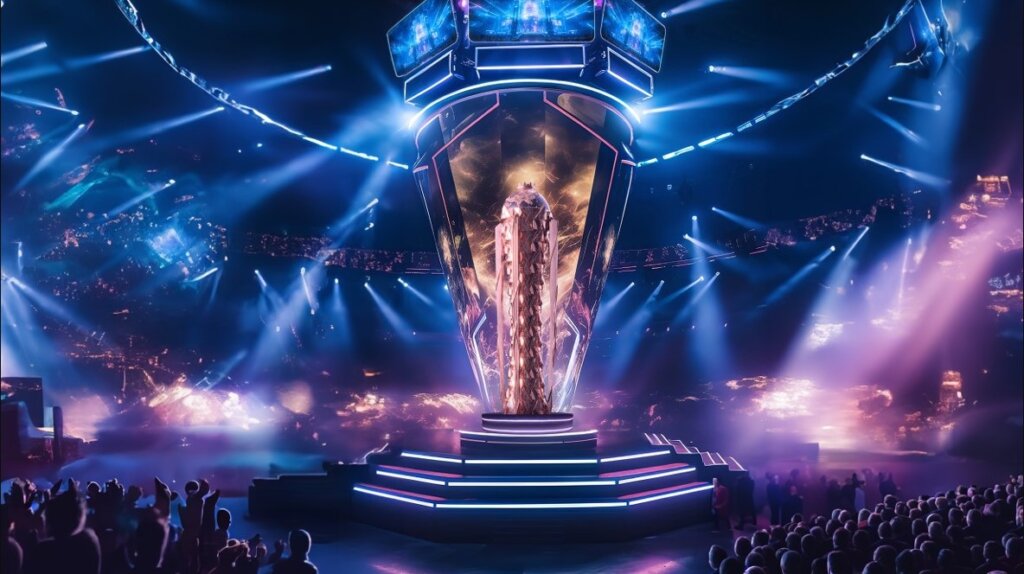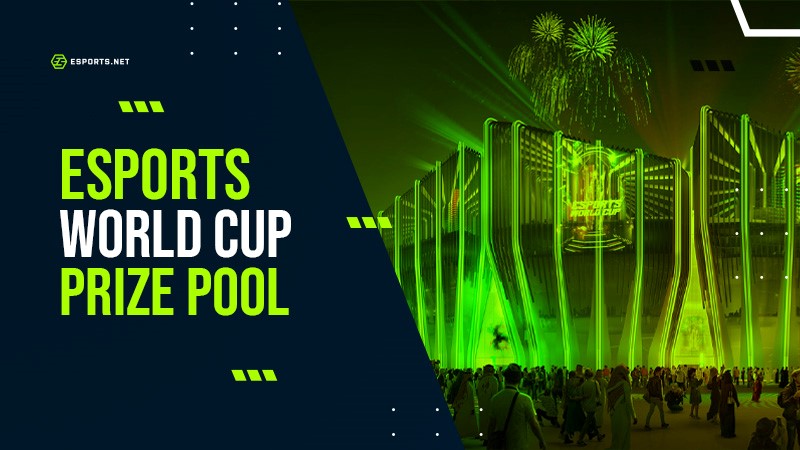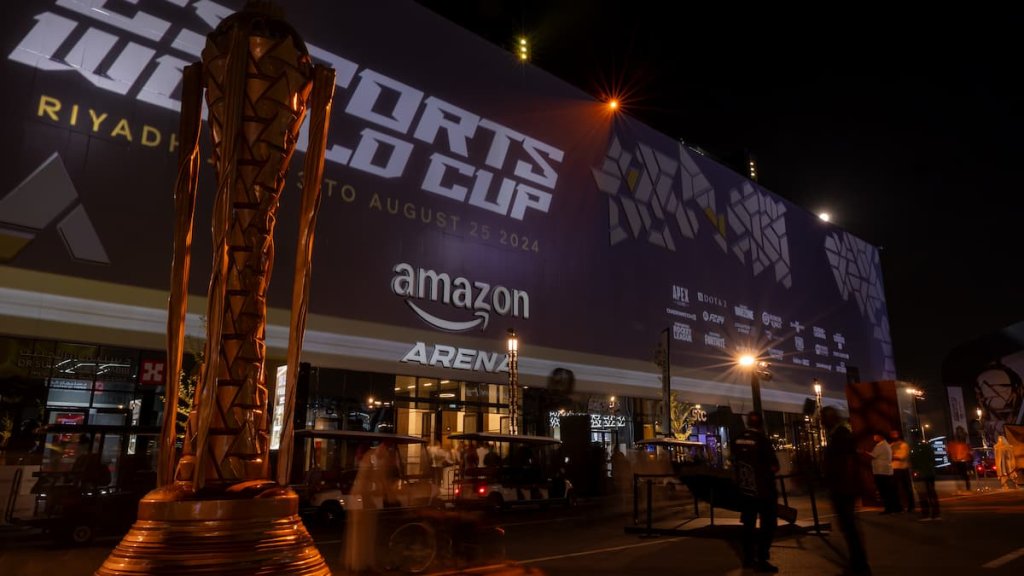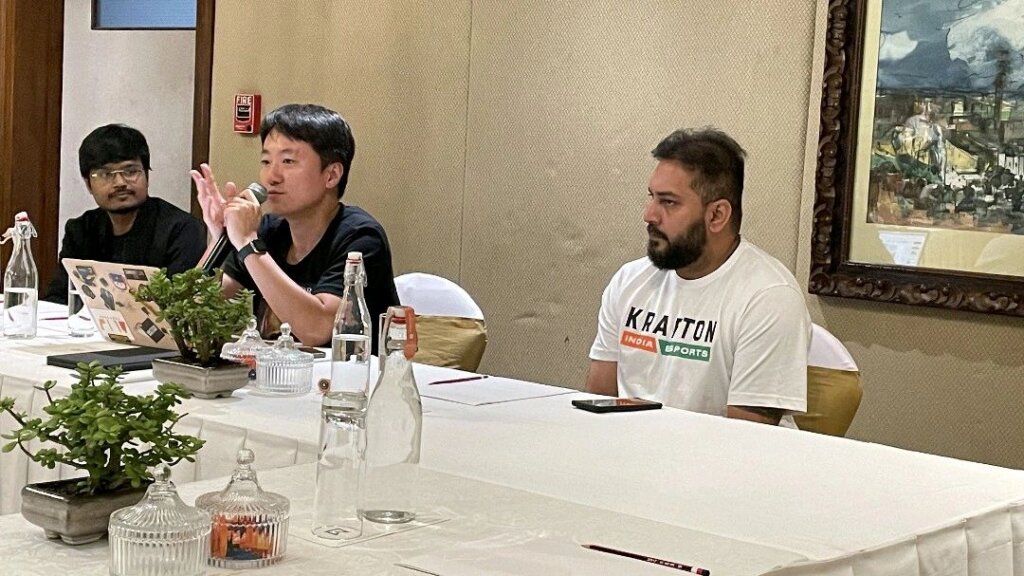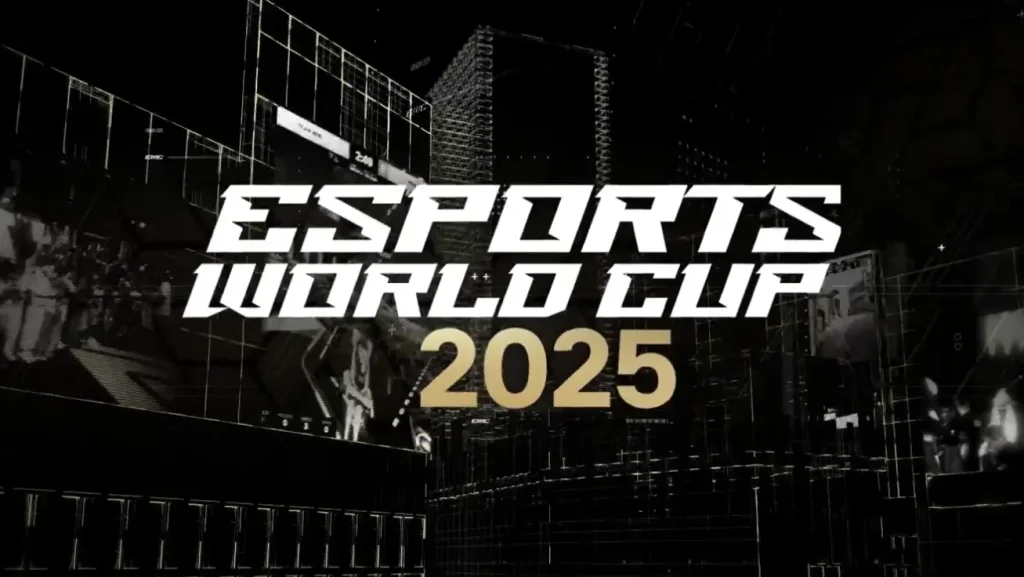
Can esports overcome its racism problem?
Toxicity in esports is nothing new. But there are growing concerns that video games publishers and esports tournament organisers are turning a blind eye to racism. Recent reports have shown that pro gamers playing titles like Dota 2 and Overwatch have been the victims of racism, and unless checks are made, this problem is going to multiply.
In November, a Chinese player received a racial slur from a competitor during a Dota 2 match in a DreamHack tournament. Whilst there was plenty of outcry amongst gamers and fans, Dota 2’s parent company, Valve, has been accused of not going far enough to punish the offending individual.
This followed on from the Overwatch player, Felix ‘xQc’ Lengyel, who repeatedly used a racially insensitive emote in a stream whilst the Overwatch League’s African American host, Malike Forte was on-screen. Whilst xQc was given a suspension, many have questioned why such a controversial gamer was given a platform in the first place.
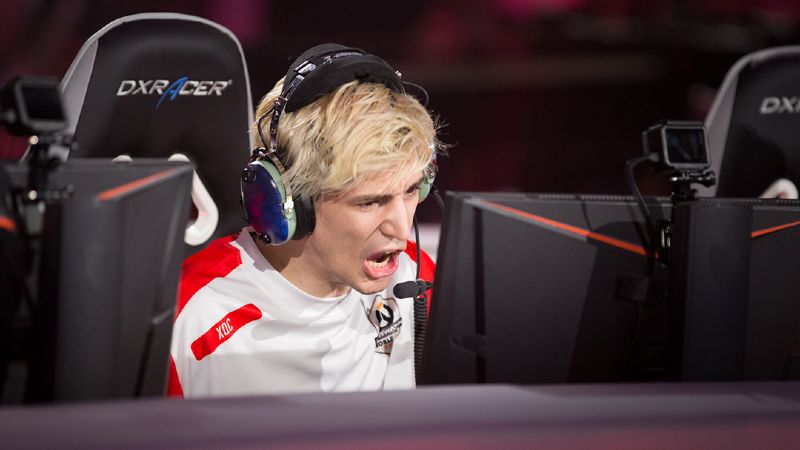
© Robert Paul | Blizzard Entertainment
Why racism continues to be an issue for esports
The above incidents are sadly just a few examples of racism in esports. Anybody who has spent time in community sites like Reddit will know how these areas are prone to all manner of offensive language.
Whether this is as a result of a core group of young and ill-educated individuals or the current fragmented political climate is up for debate. But with controversial esports players like xQc having over 170,000 Twitter followers, it’s clear that they have plenty of opportunities for influencing impressionable young gaming fans.
As a result, it seems that unless you are a white male gamer, then you will frequently become the target of racist, sexist or homophobic slurs. The last thing that any gamer would want is for sites like Reddit to curtail the freedom of speech, but there are growing calls for esports organisers to take more action against any players or fans who engage in offensive behaviour.
It’s clear that esports will have to clean up its act if it stands any hope of attracting big business in the future. No company would want to be associated with an industry that turns a blind eye to racist language. But with the Toronto Esports player, Matt ‘Dellor’ Vaughn, using the n-word 60 times in a pro Overwatch match in 2017, it seems that this vile behaviour has somehow become acceptable in the often toxic esports domain.
Are esports organisers to blame for allowing racism to flourish?
There are few ways to counter the racism that is in the hearts and minds of a handful of toxic gamers. But more effort needs to be made in stopping such offensive behaviour gaining widespread exposure and becoming somehow normalised in the esports world.
Thankfully, Blizzard Entertainment has taken the lead in attempting to stamp out such despicable language at its esports tournaments. As a result of his racist antics, xQc was suspended, fined and released by the Overwatch team, LA Gladiators. Similarly, the Canadian gamer, Dellor, found his Twitch channel was closed down, his contract with Toronto Esports terminated, and he had to walk away from esports completely.
Unfortunately, there is something of an inconsistency in how esports organisers are able to deal with offensive behaviour. Much of this is as a result of how esports is structured. Whilst traditional sports have a governing body that can hand out fines or suspensions, many esports tournaments are entirely controlled by the game’s publishers.
As a result, the recent DreamHack Dota 2 tournament that saw a Chinese player receive racial abuse, couldn’t directly control the situation. Instead of this, it was the game’s publishers, Valve, who should have punished the offending gamer. But when it came down to it, Valve could only offer a fairly vague statement that stated that they would not tolerate racist language from its gamers.
How can esports improve its image?
As esports grows, it is hoped that such antisocial behaviour will become a thing of the past. But as even traditional sports like Premier League football still have plenty of racism issues, it remains to be seen how esports can counter troubling activity.
Above all, it’s only by putting the spotlight on offensive language that such racism can be checked in the esports world. If influential players like xQc are allowed to carry on with such antisocial behaviour, then we can expect to see many more impressionable young gamers thinking that it is somehow acceptable to do the same.
This is why racism must be stamped out at the early stage of esports. Whether it’s an offensive remark on Reddit, or a racially insensitive emote on a live stream, it’s hoped that such vile behaviour will become a thing of the past so that everyone can partake in what should be a fun, safe and diverse world of esports.
